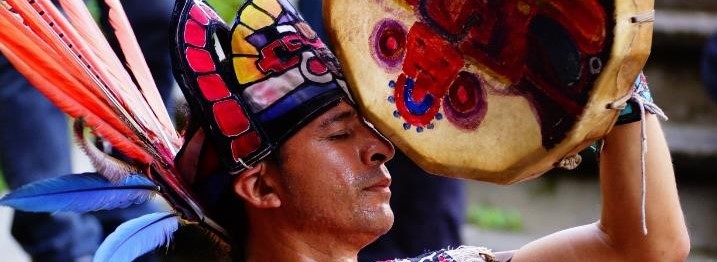The database assembled by NomoGaia analyzing public data regarding IFC’s potential impact on indigenous peoples is available on this page, both as a downloadable file and through the search function below.
| Project Name | Project Number | Country | Category | Nature of Indigenous Risk |
|---|---|---|---|---|
| Nachtigal | 37673 | Cameroon | A | ESRS notes that "sacred sites and trees were identified" that will be inundated. Yet PS7 is not flagged on the premise that somehow the sites are sacred to non-IPs |
| Pronaca Agro | 32624 | Ecuador | B | Livestock sourcing is not evaluated as an 'associated facility' but often poses IP risks in the region |
| Senegal Societe de Transformation des Legumes | 40942 | Senegal | B | Pulaar herding routes and water access could be affected by crop circles even though they don't own the "footprint." Pulaar have distinct language and resource-based heritage |
| SETRAG II | 42222 | Gabon | B | Along the 648 kilometer route no analysis of IP presence is conducted based on public documentation |
| Sonoco | 40276 | Guinea | B | IFC's evaluation was specific only to the project footprint - although the project relies on agricultural inputs - whose impacts would differ from those of the processing facility |
| Sosagrin IBS | 40131 | Senegal | B | IFC does not consider where agricultural inputs will be sourced from. There is little apparent persistence of IPs in Rufisque - but the broader footprint merits PS7 consideration. |
| Soufflet Ethiopia | 40331 | Ethiopia | B | The mill is peri-urban but grain sourcing is not described at all. Ethiopia's track record with crop conversion has been ethnically divisive and profoundly impactful in IPs |
| Tasiast Mauritania | 41009 | Mauritania | A | The location description identifies semi-nomadic indigenous peoples who steward the land but IFC states that no IPs "as defined by PS7 have been identified" in or near the project |
| Usina Delta SA | 34394 | Brazil | B | Sugarcane triggered PS7 elsewhere in Brazil. Minas Gerais has 293 registered quilombolas. Indigenous and quilombola lands are badly demarcated and Delta's expansion is likely to encourage field expansions. |
| USJ Araras | 30582 | Brazil | B | Goias has over 50 certified quilombolas and sugarcane fields in Brazil have an entrenched history of displacing indigenous peoples |



